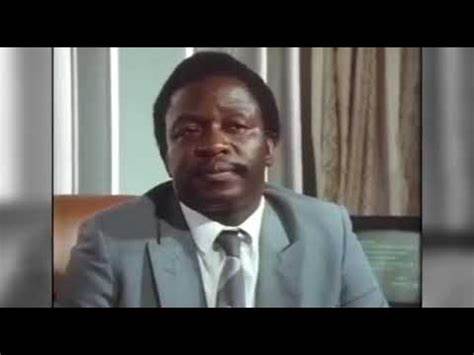Heal Zimbabwe Trust calls for genuine victim-centered approach in Gukurahundi outreach program

YOUNG: President ED Mnangagwa
The recent launch of the Gukurahundi Community Engagement Outreach Program in Bulawayo by President Emmerson Mnangagwa has sparked a call for transparency and inclusiveness from Heal Zimbabwe Trust, a human rights and peace advocacy group.
The outreach, which involves public hearings led by community chiefs, aims to address the legacy of the Gukurahundi period, a time of violence and conflict that devastated parts of Matabeleland and Midlands provinces in the 1980s.
The government’s efforts, which began in February 2019, seek to resolve the Gukurahundi issue through an internal, home-grown process intended to reinforce national unity among Zimbabweans.
However, Heal Zimbabwe Trust has raised concerns about the current approach and has urged the government to take several critical steps to ensure the process is effective and genuine.
“Government must release the reports of the Dumbutshena and Chihambakwe Commissions of Inquiry as part of truth-telling. Government must take a step back from the programme as it is conflicted to lead the process. While President Mnangagwa has said traditional leaders are leading the process, he must not be seen as handholding the chiefs in the process,” said the organisation
Heal Zimbabwe Trust highlighted the importance of a victim-centered approach, aligning with international standards on transitional justice.
“The Outreach Programme must be victim-centred, genuine, and sincere, recognizing the centrality of victims and survivors in the consultations and the implementation of their demands for true healing in line with the UN Secretary-General report on the rule of law in conflict and post-conflict societies (S/2004/616),” said Heal Zimbabwe.
One of the critical elements highlighted by the organisation is the need for a robust witness protection mechanism.
“The Outreach programme must provide a witness protection mechanism that is clear and well explained to communities to avoid fears of revictimization of survivors. The witness and survivor mechanism must ensure that victims are treated with dignity and humanity, witnesses are assisted to present their views and concerns, and there is an effective long-term witness protection program,” said the Trust
Heal Zimbabwe Trust advocates for a bottom-up approach that reaches the grassroots level to ensure comprehensive and inclusive consultations.
“The process must devolve to the villages to ensure wide consultations that are rooted in communities to ensure no one and no place is left behind. A bottom-up approach is critical in correctly capturing the voices, demands, and wishes of the victims and communities affected by Gukurahundi,” the organization said.
Moreover, the group called for collaboration with civil society organizations that have long been involved in advocating for the resolution of Gukurahundi.
“Heal Zimbabwe Trust urges government and the traditional leaders to work with civil society organisations that have advocated for the resolution of Gukurahundi instead of vilifying them. Resolving Gukurahundi to build true national healing and reconciliation will require concerted efforts from all stakeholders to foster consensus and cohesion,” they said.
The organization also suggested that traditional leaders draw lessons from other African countries that have implemented transitional justice processes successfully.
Traditional leaders, the trust said must take a leaf from other African countries that have implemented transitional processes like Liberia, South Africa, and Rwanda.




